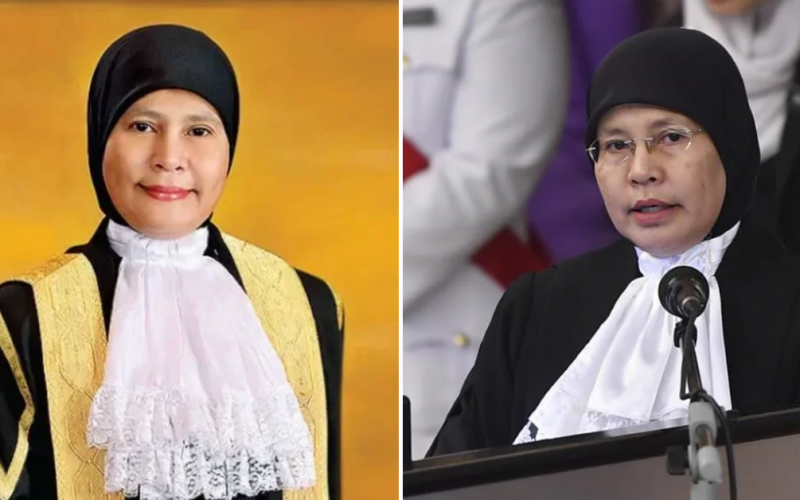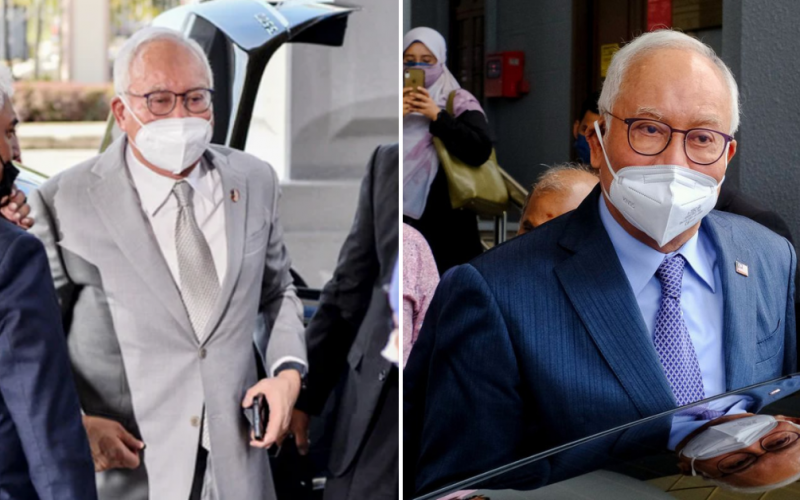On August 23rd 2022, one of the most notable judiciary verdicts in Malaysian history was passed. A five-member panel led by Chief Justice Tengku Maimun Tuan Mat affirmed disgraced former-premier Najib Razak’s seven counts of corruption from his involvement in the RM42 million fund obtained from SRC International, along with the 12-year sentence and RM210 million fine that came along with it.
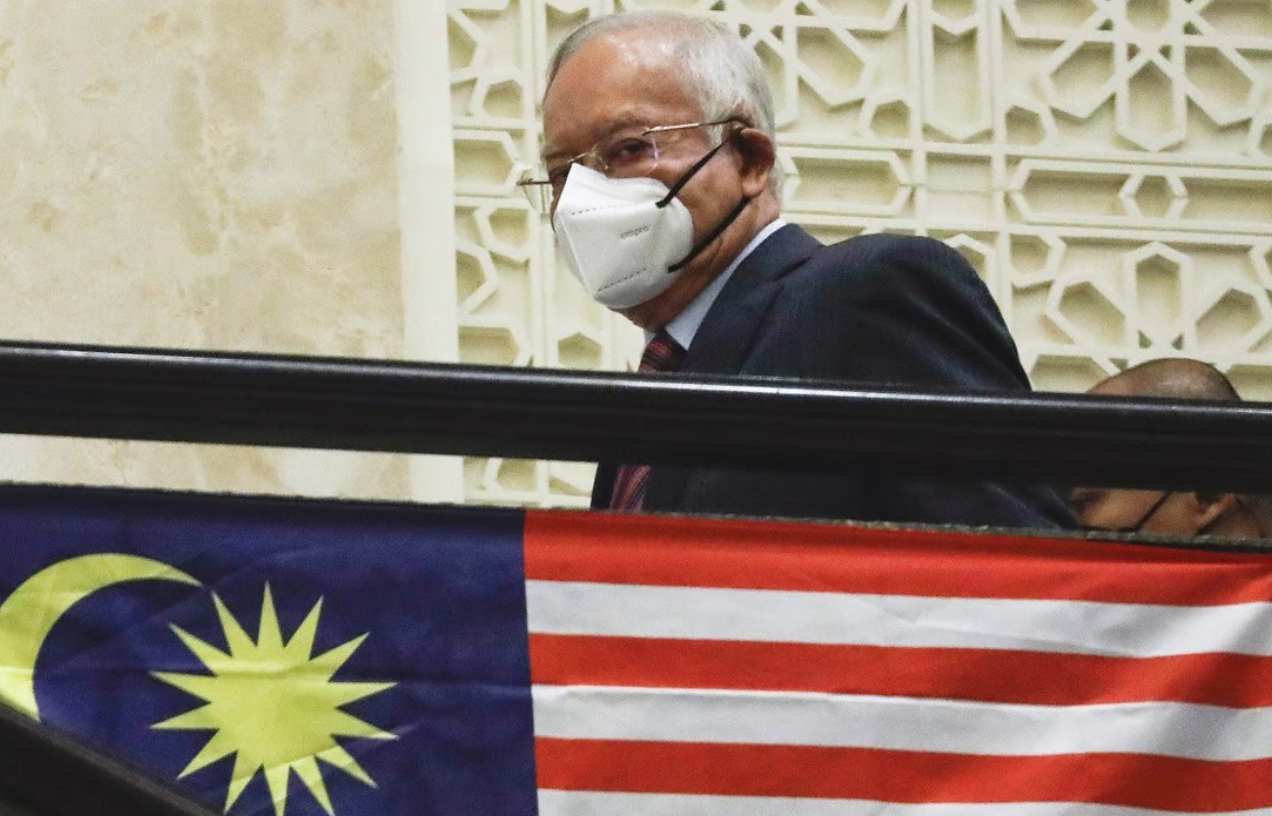
With no further stays of execution granted and lacking in any further legal delay tactics, Najib now has the distinction of being the very first Prime Minister since Malaysia’s independence back in 1957 to be imprisoned. Transported out from the Palace of Justice after the conclusion of his hearing, he is now serving his jail term in Kajang Prison, bringing a conclusion to a legal saga that began all the way back in 2019.
But in the wake of the verdict, many have wondered who was the first Chief Justice to have ever put a Prime Minister behind bars.
Chief Justice Tengku Maimun Tuan Mat is a native of Kelantan
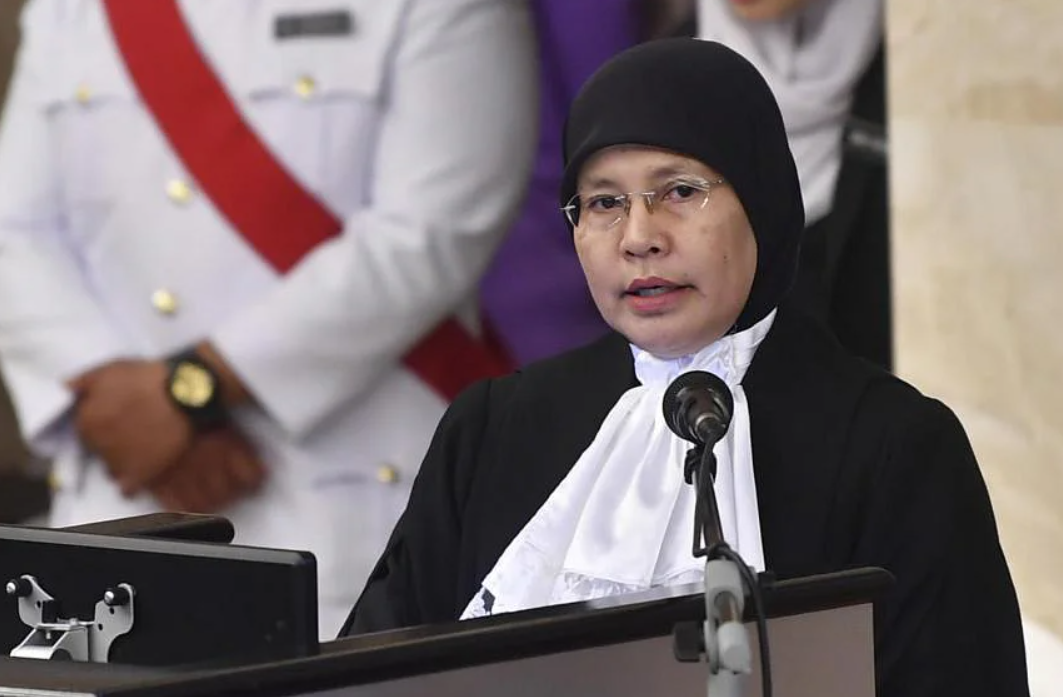
Meet Chief Justice Tengku Maimun Tuan Mat, a native of Kelantan who was born in the city of Kota Bharu on July 2nd 1959. According to her profile on the Judicial Appointments Commission, Her Ladyship pursued her studies in law at University of Malaya, before graduating with honours in 1982.
The beginnings of Her Ladyship’s legal career can be charted from her first job as a Legal Officer at the Southern Kelantan Development Board (KESEDAR) in 1982. She would later go on to take up the position of Legal Officer at the Municipal Council of Seremban, Negeri Sembilan in 1984.
In another subsequent two years, she would go on to join the Judicial and Legal Service as an Assistant Parliamentary Draftsman, at the Drafting Division of the Attorney-General’s Chambers.
This would precede a number of other appointments in the Judicial and Legal Service, including:
- Magistrate at the Port Dickson Court
- Federal Counsel at the Kuala Terengganu Legal Aid Bureau
- Senior Assistant Registrar at the High Court at Seremban
- Deputy Registrar at the High Court of Kuala Lumpur
- Special Officer to the Right Honourable Chief Judge of Malaya
- Special Officer to the Right Honourable Chief Justice
- Judge of the Sessions Court at Kuala Lumpur cum Special Officer to the Right Honourable Chief Justice
- Registrar of the High Court of Malaya cum Chief Registrar of the Federal Court of Malaysia
Her final posting was as Chief Registrar of the Federal Court of Malaysia, between the years of 2005 to 2006. As Chief Registrar, Her Ladyship was tasked to “implement the administration of justice in accordance with the power as provided under the law”, in addition to “protect the judicial independence in interpreting laws passed by the legislative”, as explained by the Office of the Chief Registrar of the Federal Court of Malaysia.
She became Malaysia’s first-ever female Chief Justice
She would go on to take on the position of Judicial Commissioner of the High Court of Malaya of Kuala Lumpur on October 2nd 2006, at the age of 46. In under a year’s time, she was elevated to the role of Judge of the High Court of Malaya at Kuala Lumpur. Her Ladyship also had prior experience serving as a Judge of the High Court of Malaya at Shah Alam, Selangor.
This would follow with her appointment as Judge of the Court of Appeal on January 8th 2013. Five years later, she would assume the role of Judge of the Federal Court on November 26th 2018.
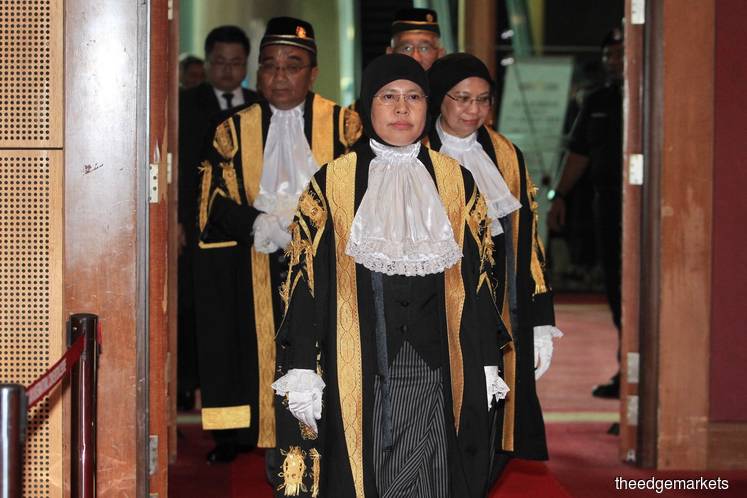
On May 2nd 2019, she would create history when she became Malaysia’s very first female Chief Justice.
With a decorated career in the legal and judicial field, Her Ladyship was conferred with a litany of awards and royal titles, most recent of which being Darjah Seri Setia Mahkota, which also carries the title of ‘Tun’, from 2020 according to Berita Harian.
Some notable cases she has worked on
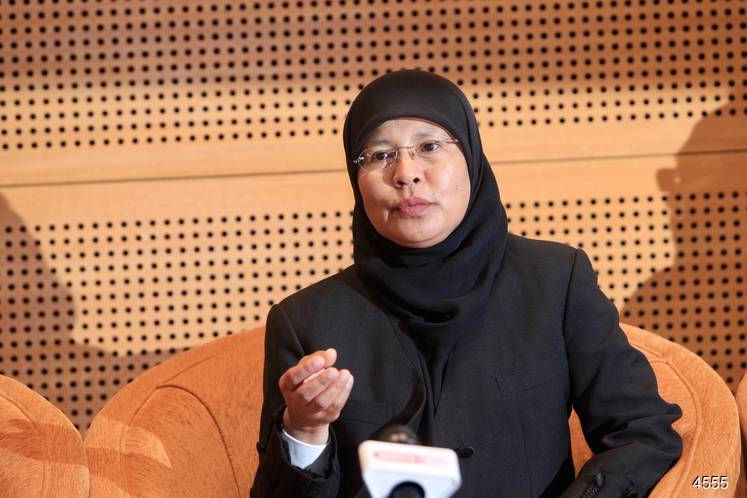
As for her work, Tengku Maimun is most notably remembered for her involvement in the trial of murdered Mongolian model Altantuya Shaaribuu. As part of three-member panel with two other Court of Appeal judges, they worked to reverse a conviction passed by the High Court to convict two Malaysian police commanders for their involvement in the homicide. This would later be overturned by the Federal Court.
She was also the sole judge from a three-member Court of Appeal panel that disagreed to the conviction of the late-DAP chairman Karpal Singh over a sedition case.
This would follow with her leading a three-member Court of Appeal panel which upheld the verdict passed by the High Court against Tenaga Nasional Berhad for negligence, leading to flash floods occurring in Cameron Highlands in 2013.
Tap here to give us a ‘Like’ on Facebook and stay up-to-date on the latest news!



